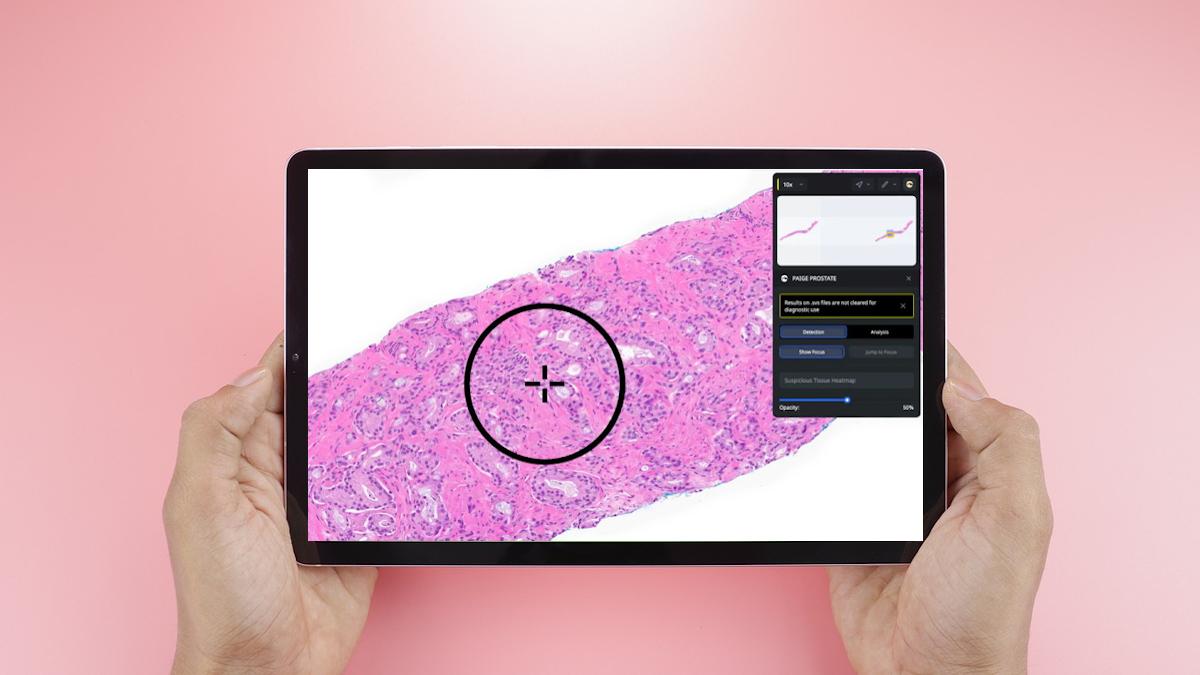Paige's cancer detection AI gets FDA breakthrough status

Digital pathology specialist Paige has been awarded breakthrough device status from the FDA for an artificial intelligence tool that can be used to detect cancer across different areas of the body.
Paige PanCancer Detect is designed to help pathologists assess suspicious lesions in multiple tissues and organs on digital pathology slides and, according to the company, this is the first time that breakthrough status has been awarded for an AI-enabled tool capable of identifying both common cancers and rare variants from different anatomic sites.
Digital pathology technologies are coming to the fore in health systems, as having medical imaging data in an electronic format can improve the efficiency of healthcare, making it easier to get second opinions and input from specialists, for example, regardless of where the patient is located. That becomes more important in areas where access to pathologists may be limited.
"As the demand for pathology services continues to grow at a pace faster than the supply of trained pathologists, AI-powered tools like Paige PanCancer Detect are becoming essential in closing this widening gap," said Paige in a statement.
Pathology labs handle highly variable case types, so a multi-tissue application is important for supporting the growing diagnostic workload, according to the company.
Breakthrough device designation can speed up the development of new medical devices, making them available to patients sooner, and is awarded to technology with the potential to provide more effective treatment or diagnosis of life-threatening or irreversibly debilitating diseases or conditions.
At the moment, Paige PanCancer Detect is still in the experimental stage and can only be used for research purposes, rather than diagnosing patients, but Paige is working towards securing FDA approval for clinical use. It has previously received clearance from the FDA for a prostate cancer detection AI known as Paige ProstateDetect.
First introduced in early 2024 with the ability to detect cancer in 17 tissue and organ types, a recent update expanded that tally to 40, including tumours and pre-cancerous lesions affecting the gastrointestinal and genito-urinary tracts, breast, skin, brain, and others.
Dr David Klimstra, co-founder and former chief medical officer at Paige, said the breakthrough designation "demonstrates the significance of AI in transforming cancer diagnostics," adding: "By aiding in the identification of cases with cancer and flagging potential diagnostic discrepancies, Paige PanCancer Detect can help pathologists focus on the most critical cases and reduce time to diagnosis, leading to faster results for patients."












